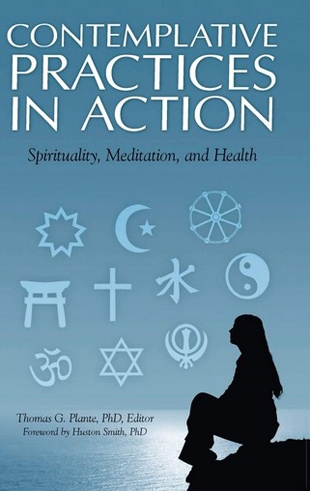“The following koan from Dogen’s essay 'Spring and Fall' illustrates how direct experience can cut through categories and alleviate suffering:
“A certain monk asked the great master Tung-shan, ‘When the cold or heat arrives, how can one avoid it?’ The master answered, ‘Why don’t you go to a place where there is no cold or heat?’ ‘Where is this place where there is neither cold nor heat?’ asked the monk. Said Tung-shan, ‘When it is cold, the cold kills the monk; when it is hot, the heat kills the monk.’
— Eihei Dogen, 'Spring and Fall,' in How to Raise an Ox, 111.
“So — what is the place where there is neither cold nor heat? Direct experience. Oneness with experience, regardless of what it is. This is simply being as present as possible to whatever is happening, both inside and outside oneself. This is not touching, not turning way. The mystery of Zen is that by doing this, one transforms suffering. The closest words that get to it is that by doing this, one stops struggling to force things to be different and stops struggling to maintain comfort and ideal circumstances. Dropping the struggle itself allows one to rest and creates the possibility of clarity because one’ s personal agenda is finally, if not out of the way, at least not the dominant lens through which the world and self are seen.”
— Sarita Tamayo-Moraga and Darlene Cohen Roshi, “Zen and the Transformation of Emotional and Physical Stress into Well-Being”
